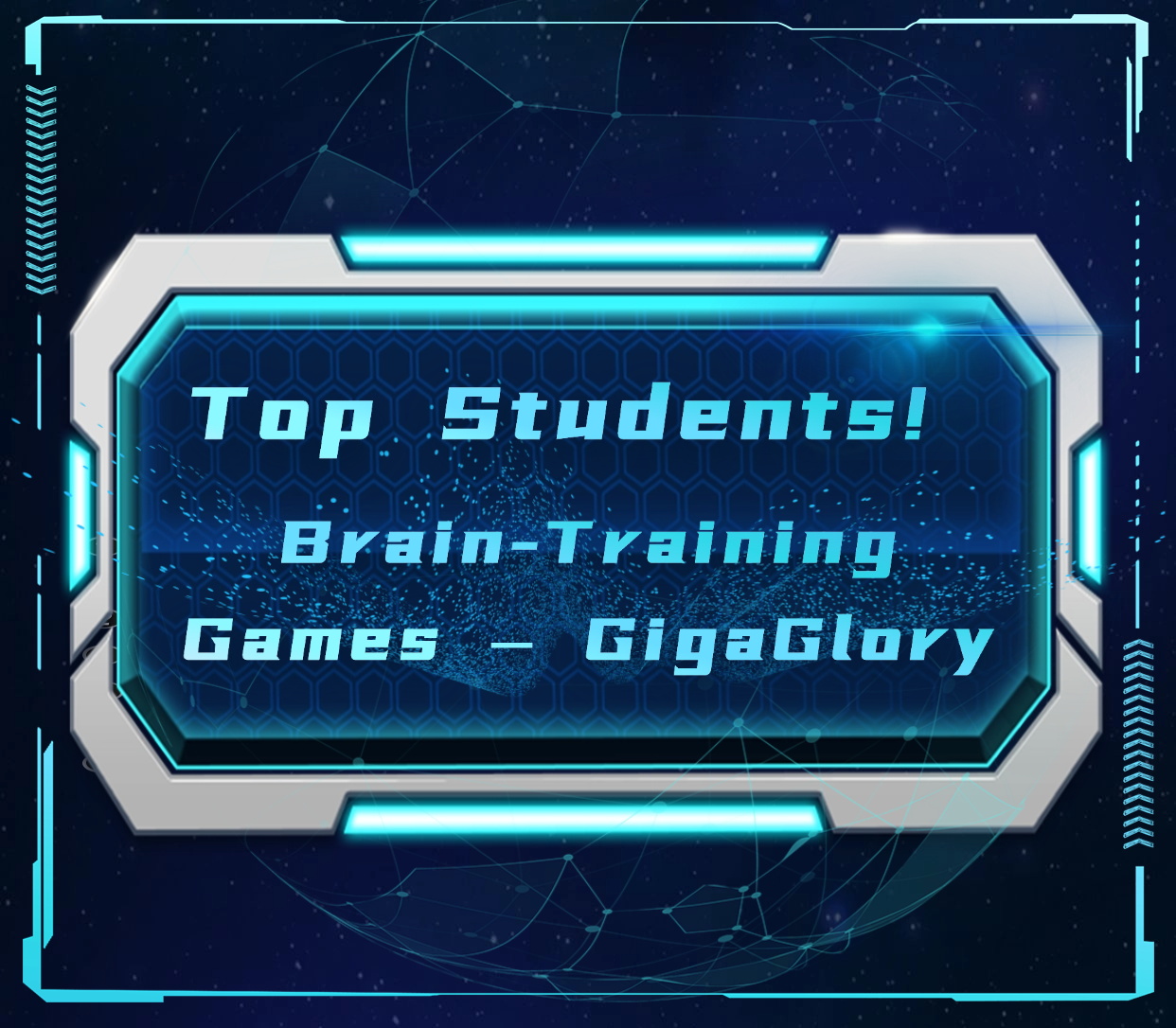Unlocking Fun and Learning: How Adventure Games Can Boost Educational Experiences
Introduction to Adventure Games
Adventure games have become a popular category in the realm of educational games. These games blend engaging narratives with challenges that stimulate critical thinking and problem-solving skills. But how exactly do they enhance the learning experience? In this article, we'll delve into the essence of adventure games and their impact on educational outcomes.
The Appeal of Adventure Games in Education
At the core of adventure games lies an irresistible attraction. They invite players into immersive worlds filled with quests, characters, and mysteries to unravel. This engaging framework prompts learners to explore, which is crucial for effective education.
How Adventure Games Encourage Critical Thinking
One of the paramount benefits of adventure games is their ability to enhance critical thinking. Players often face complex scenarios requiring analysis, decision-making, and creativity. By simulating real-life problems, these games foster an environment where learners can practice and develop these essential skills.
Enhancing Collaboration and Communication Skills
Adventure games often encourage players to work together to solve problems. Whether it's through multiplayer options, online forums, or shared tasks, these games teach vital lessons about collaboration, communication, and teamwork.
Examples of Popular Adventure Educational Games
- **Minecraft: Education Edition** - A sandbox game that promotes creativity and collaboration.
- **Riven** - A puzzle game that encourages logical reasoning and persistence.
- **The Oregon Trail** - A historical simulation that teaches resource management and decision-making.
What Makes Adventure Games Unique?
The uniqueness of adventure games lies in their narrative-driven experiences. Unlike traditional educational formats, these games captivate players through storytelling while concurrently delivering educational content.
The Role of Storytelling in Learning
Storytelling is a powerful tool in education. It helps learners connect emotionally to the material, making it easier to remember. Adventure games utilize this principle effectively, as players become invested in the characters and plot. This emotional connection boosts engagement and retention of knowledge.
Overcoming Learning Challenges with Adventure Games
Many learners face various challenges in traditional educational settings, whether it's anxiety, lack of motivation, or difficulty in understanding complex subjects. Adventure games can provide a much-needed escape and a more relaxed learning environment, making the process enjoyable.
Integrating Adventure Games into the Curriculum
Incorporating adventure games into the classroom can be highly beneficial. Teachers can select specific games that align with educational objectives. For example, using a game focused on historical events can provide students with a vivid understanding of the subject matter.
Hot Potato, Cold Potato Game: A Fun Twist
One engaging way to combine adventure aspects with traditional activities is through games like "Hot Potato, Cold Potato." This game can be adapted to fit educational themes, keeping students on their toes while also embedding learning goals.
Tips for Maximizing the Learning Potential of Adventure Games
1. **Set Clear Learning Objectives**: Determine what you want students to learn from the game.
2. **Debrief After Gameplay**: Discuss the game experience and reinforce key lessons learned.
3. **Encourage Reflection**: Ask learners how the game’s elements relate to real-life situations.
Exploring the Psychology Behind Game-Based Learning
Understanding the psychology of learning through games is crucial. Players often experience a sense of achievement when overcoming challenges in adventure games. This feeling of accomplishment is linked to increased motivation and engagement, which can lead to better educational outcomes.
Measuring Learning Outcomes from Adventure Games
Evaluating the effectiveness of adventure games in education can be tricky. Educators might use a mix of qualitative and quantitative methods to assess student progress. For example, surveys, quizzes, and informal discussions can provide insights into how well students understand the material.
The Future of Adventure Games in Education
With technology continuously evolving, the future of adventure games in education looks promising. Virtual reality (VR) and augmented reality (AR) are on the rise, providing even more immersive experiences that can redefine learning. The possibilities are limitless!
Table: Comparison of Different Adventure Games
| Game | Focus | Age Group | Skills Developed |
|---|---|---|---|
| Minecraft: Education Edition | Building & Creativity | 8+ | Collaboration, Creativity |
| The Oregon Trail | Historical Learning | 10+ | Resource Management |
| Riven | Puzzle-Solving | 12+ | Critical Thinking |
Conclusion
Adventure games have undoubtedly revolutionized the way we approach educational games. By integrating fun, engaging narratives with effective learning strategies, they provide a holistic approach to education that resonates with students of all ages. With the right implementation, adventure games can pave the way for exciting new horizons in educational experiences!



